Sept. 21. The day that International Organizations, governments and important figures delivered beautiful speeches and even Facebook reminded us to “give a little love” for the celebration of International Peace Day. The UN Secretary-General Ban Ki-moon reminded people in a video message that peace is “about building societies where people share the benefits of prosperity on a healthy planet” and called for a 24-hour ceasefire in conflicts all over the world. While the message and the celebrations for that day were incredibly inspiring, we find that there is no good change on the current conflicts all over the world just a few days after the celebration. The situation has just gotten worst, if anything.
These kinds of special dates are usually adopted to create awareness on issues or memorable social moments in today’s society. And the International Day of Peace is no different.
Created by the United Nation’s General Assembly in 1981, Sept. 21 is a full day with no hostility or violence across the globe. The day was designated to create awareness of the importance of peace in the world. This year, the UN even came up with a song to explain to people what the Sustainable Goals are.
(You be the judge of it, but it wasn't really my cup of tea)
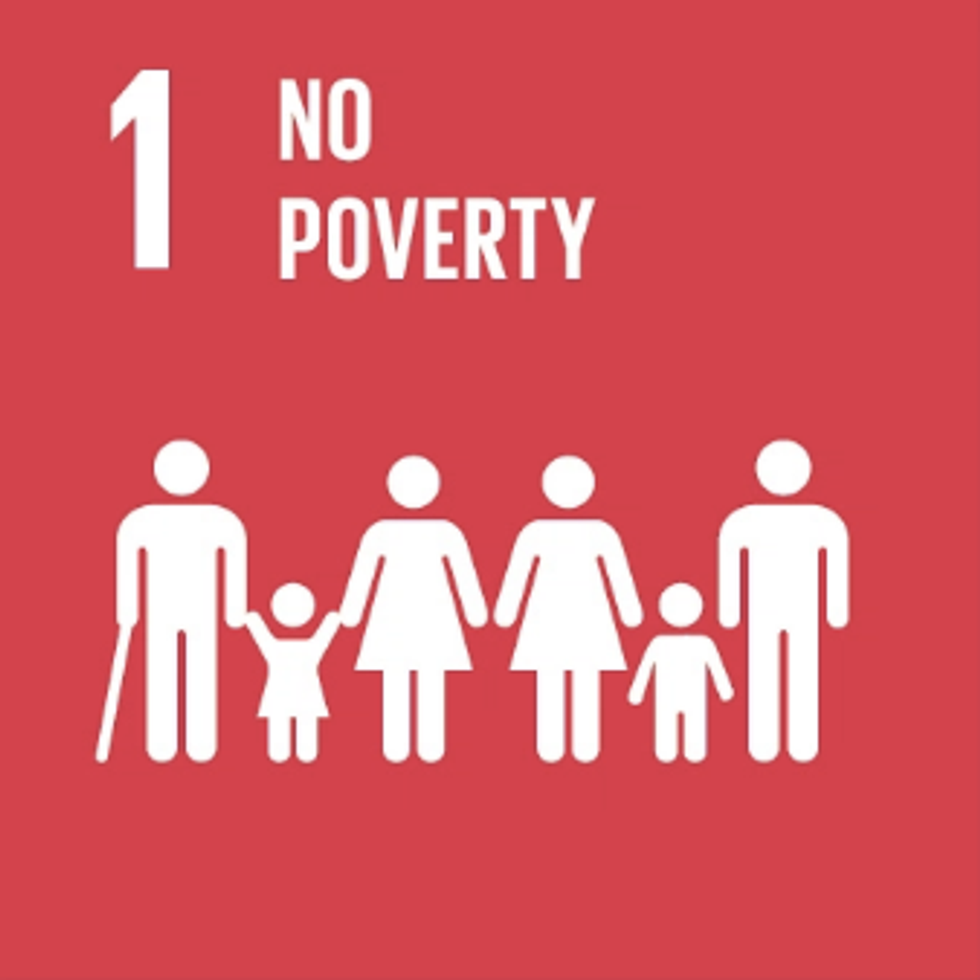
As the song explains, the theme for 2016’s Day is “Sustainable Development Goals: Building Blocks for Peace,” in which the possibility of peace lies in making the world and society develop better.
Truly it must mean that the people in charge are actually going to work together and figure out real measures to end discrimination all over the world; stop bombings in Syria; stop senseless killing of people trying to escape poverty, violence, and prosecution; get quality education for everyone.
This Sept. 21 was a day full of speeches and even an interactive video full of celebrities and important figures speaking collectively about how people from this generation will use the Sustainable Goals to create a beautiful world. But after many talks on the better future, reality came crashing down again.
I woke up this Saturday on the comfy bed of my university’s dorm. I went to get breakfast with my best friend and ate an awesome omelette and had iced coffee. After a quick chat with my mother, I decided to open the main media channels to see what was going on in the world
“Aleppo Reeling as Air Assaults Are Stepped Up”
The New York Times Today’s Paper
"Ugandan Police Block Gay Pride Parade”
called BBC News
“Egypt Recovers Over 160 Bodies From Sunken Migrant Boat”
“Haitians, After Perilous Journey, Find Door to U.S. Abruptly Shut”
“Israel Declares War on Gaza’s NGOs”
Foreign Policywebsite
(All accessed on Sept. 24, 2016)
The saddest part of reading those articles and news stories is that I realized that those kind of headlines didn’t faze me anymore. I felt like a horrible person for enjoying my coffee in the morning while people were suffering all kinds of horrors all over the world. I realized that I have washed away my responsibility and left it all to the men and women in charge...but guess what? They have washed away their responsibility too.
(Don’t even get me started on the consequences of Brexit)
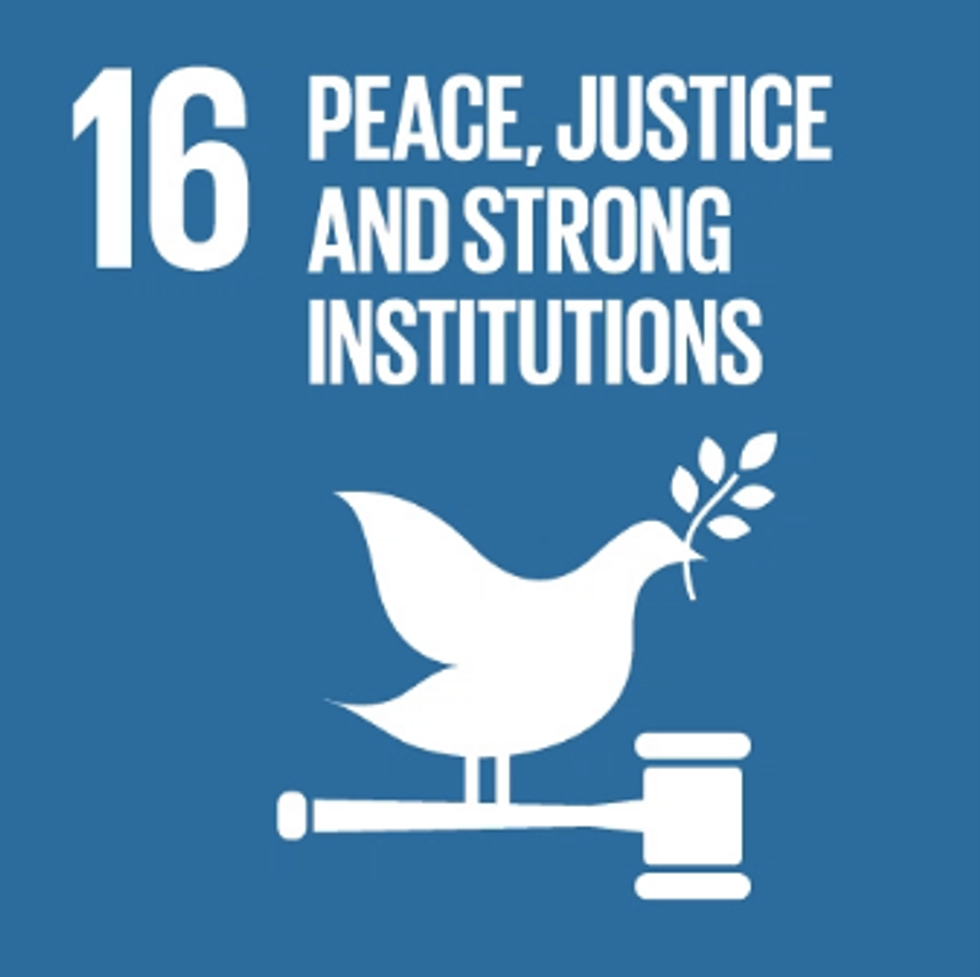
With the involvement of Turkey, the Kurds, Russia, Libya and even Iran, tensions between these countries also intensified and the fact that the U.S. hasn’t been involved also affected the U.S. relations with other countries. What’s happening in Aleppo right now is one of the biggest humanitarian catastrophes of the 21st century, and there were arguably plenty of opportunities to take action and negotiate better. Just the littlest effort from our global leaders could’ve led to significantly different consequences to Aleppo and the world. Yet, they haven’t done enough.
Who is going to save the world? Who’s going to resolve the Syrian conflict, when the whole international community has failed to address it properly?
In my opinion, it’s up to us now. Talk about global issues; write about why they make you scream internally of frustration; create hashtags on Twitter; share news on your social media feeds; question global leaders; and be heard. We don’t really realize that we could do SO much more with the power we have in our hands right now like: #BlackLivesMatter beautifully uses social media to fight racism; #LoveWins has empowered the LGBTQQIP2SAA community all over the world; #IamaLiberianNotaVirus has helped break the Ebola stigma towards African citizens.
People understand people. And people should protect each other. There’s no point in celebrating the International Day of Peace if you can’t reflect on what you could have done better to maintain it and actually evolve from that. Everyone can contribute a little, in small bits and pieces that can finish the whole puzzle of issues in Syria, Eritrea, Egypt, Venezuela, Uganda, North Korea and so many others. “It’s not my problem,” won’t cut it anymore for international conflicts. As an Arab Spring Egyptian activist once said:
“The power of people is much stronger than the people in power”
- Wael Ghonim
Wake up world, and let’s do some change here.




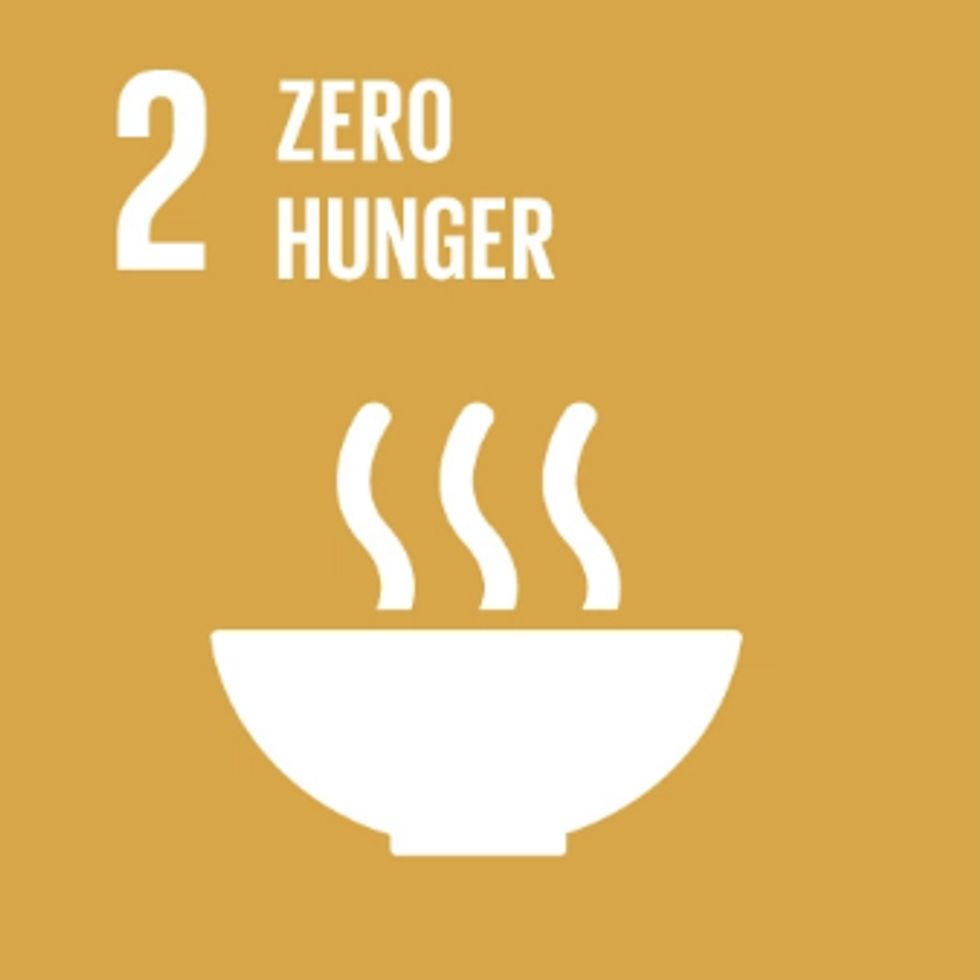
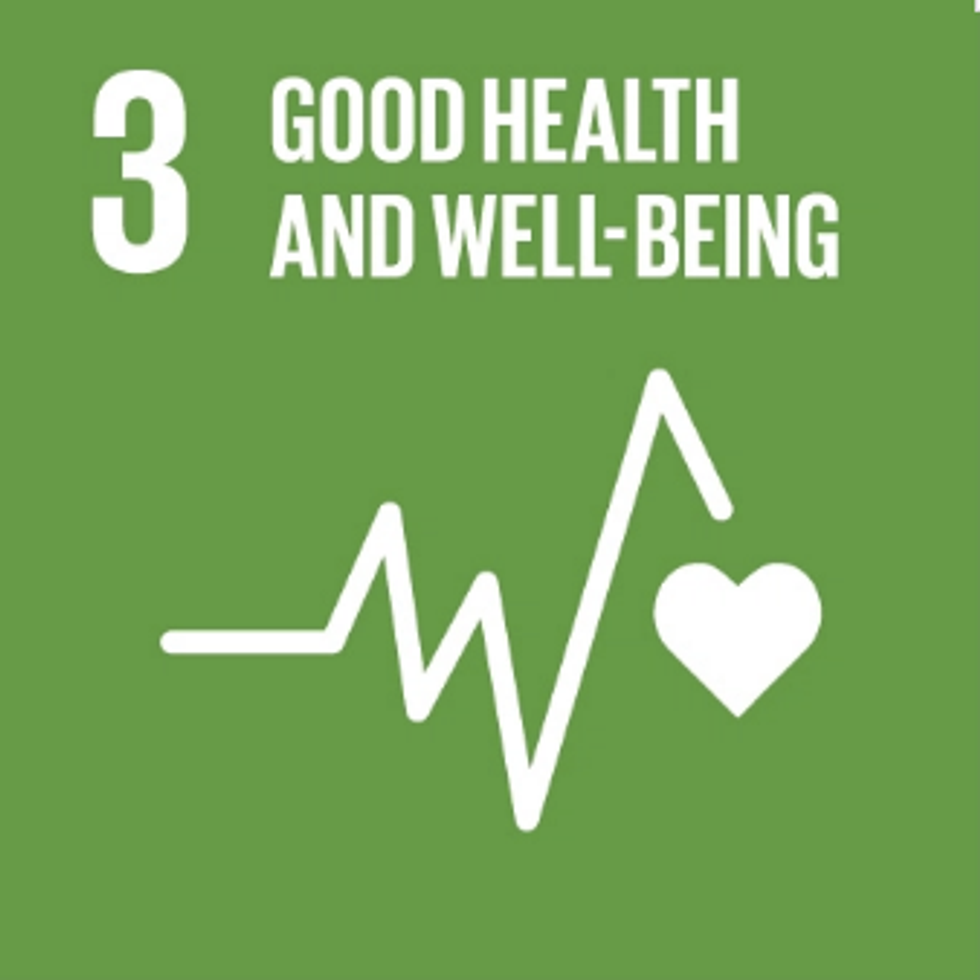
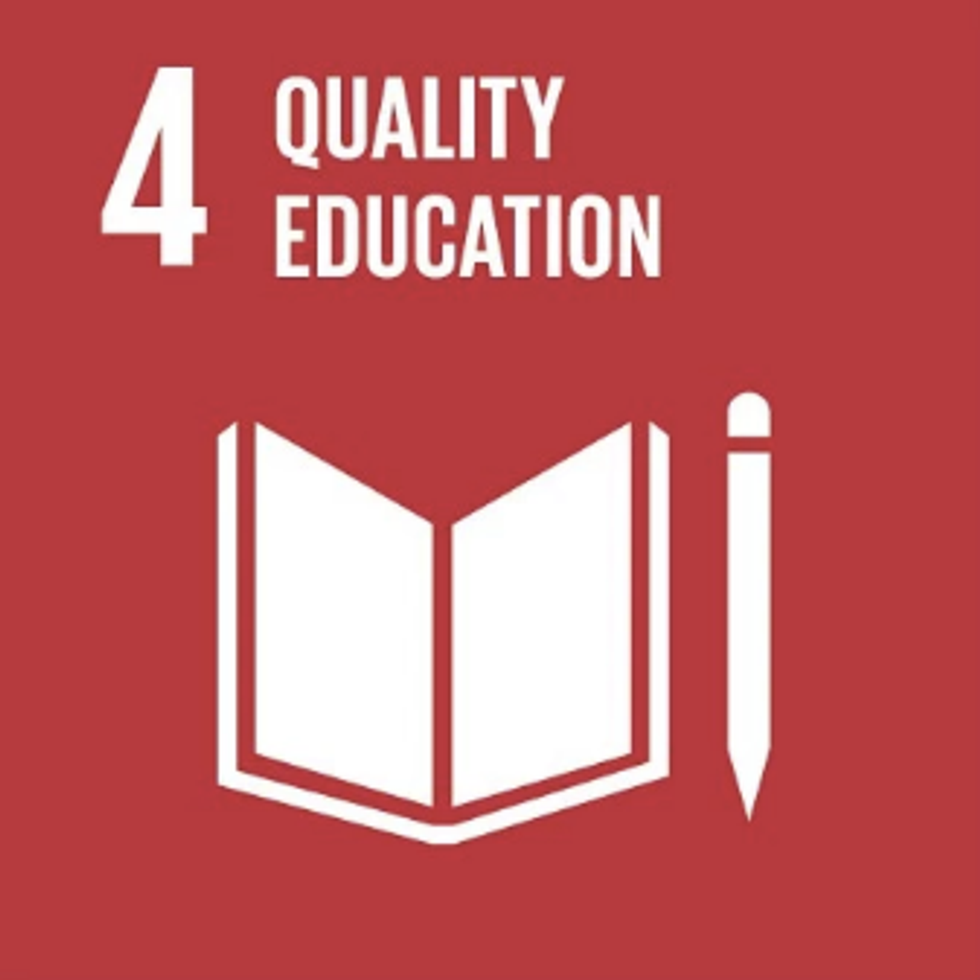

 Photo by
Photo by  Photo by
Photo by  Photo by
Photo by 



















